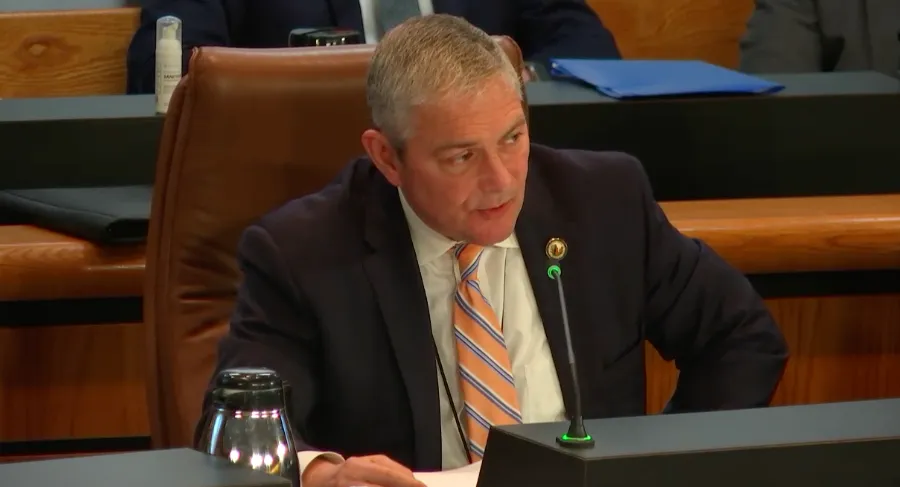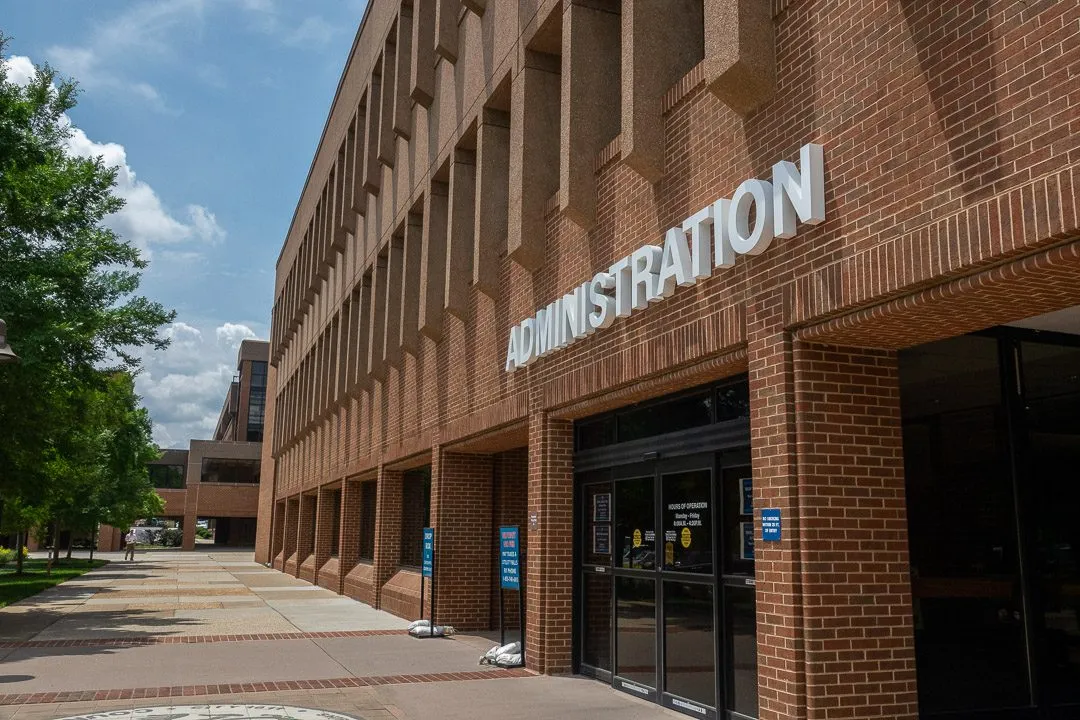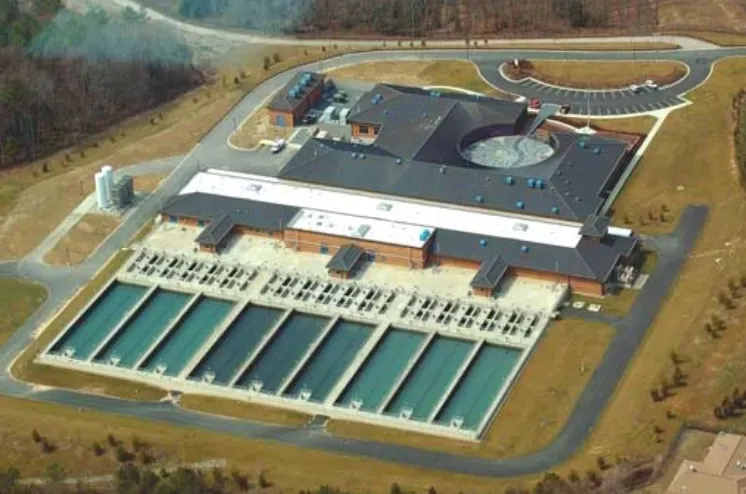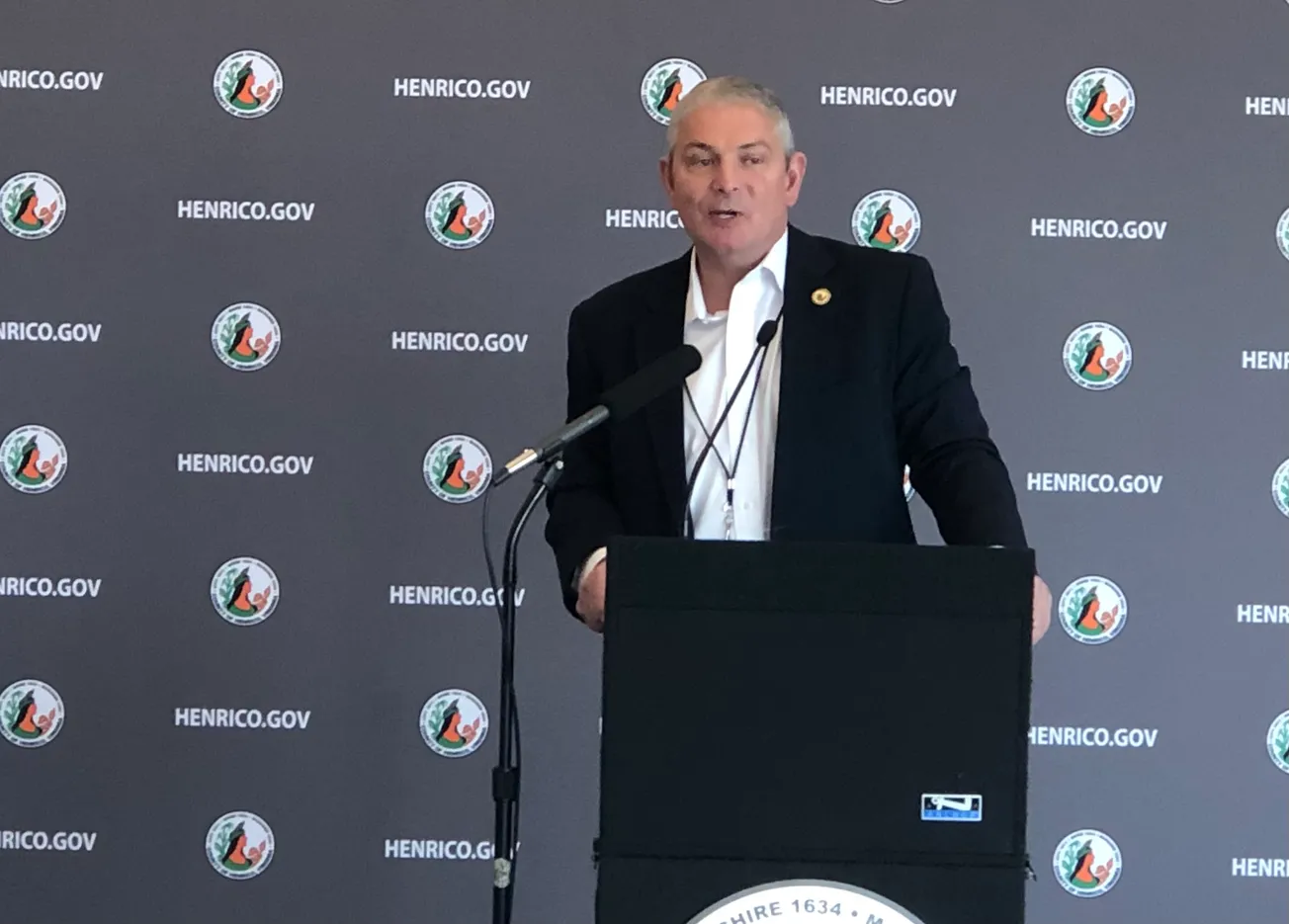Henrico water crisis — Government — Henrico government — Henrico Board of Supervisors — John Vithoulkas — Top News — Community — Eastern Henrico — Northern Henrico
Henrico officials hire 2 firms to analyze county’s water crisis management





